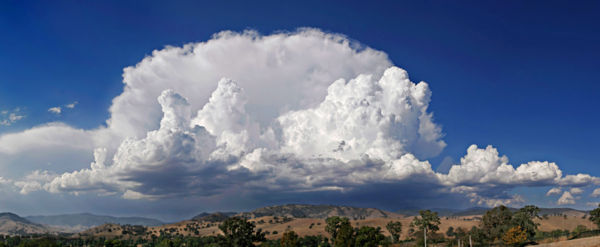As defined in Wikipedia:
Daylight saving time (DST), also known as summer time in British English, is the convention of advancing clocks so that evenings have more daylight and mornings have less. Typically clocks are adjusted forward one hour in late winter or early spring and are adjusted backward in autumn. Details vary by location and change occasionally; see When it starts and stops below.
Governments often promote DST as an energy conservation measure because it substitutes summer afternoon sunlight for electrical lighting. However, in some cases DST can increase energy costs.
This year's adjustment is earlier than usual, and here's the reason why (from Beauregard daily news):
Starting this year, Daylight Saving Time has been extended by one month because of legislation signed by President George W. Bush.
Daylight Saving Time (DST) will begin at 2 a.m. Sunday, March 11, because it is the second Sunday of March. Clocks will spring ahead from 1:59 a.m. to 3 a.m. The change will end on Nov. 3, 2007, the first Sunday of November. These are the new dates for the DST period.
On August 8, 2005, President Bush signed the Energy Policy Act of 2005. This Act changed the time change dates for Daylight Saving Time in the U.S.
Previously, the dates for Daylight Saving Time had been the first Sunday in April through the last Sunday in October.
After the time changes back in the fall, a study will be conducted by the U.S. Department of Energy. The Secretary of Energy will report the impact of this change to Congress. That governmental body retains the right to resume the 2005 Daylight Saving Time schedule.
The law by which clocks are turned forward in the spring and back in the fall is known as the Uniform Time Act of 1966. The law does not require the observance of Daylight Saving Time, simply that if DST is observed, it must be done uniformly.
The main purpose of DST is to make better use of daylight. Clocks are changed during the summer to move an hour of daylight from the morning to the evening. Countries have different change dates are the world. Near the equator, day and night are nearly the same length, about 12 hours. But elsewhere, there is much more daylight in the summer than in the winter.
The closer a location is to the North or South Pole, the longer the period of daylight in the summer. Thus, DST is usually not helpful in the tropics, and countries near the equator generally do no change their clocks.
Most of the United States begins Daylight Saving Time at 2 a.m. In the U.S., each time zone switches at a different time and DST is not observed in Hawaii, American Samoa, Suam, Puerto Rico, the Virgin Islands and Arizona - with the exception of the Navajo Indian Reservation in Arizona.
Many fire departments encourage people to change the batteries in their smoke detectors when they change their clocks because Daylight Saving Time provides a convenient reminder.
More than 90 percent of homes in the United States have smoke detectors, but one-third are estimated to have dead or missing batteries.
There goes my one hour...







No comments:
Post a Comment